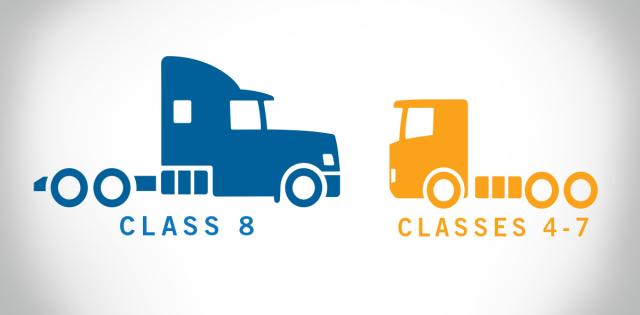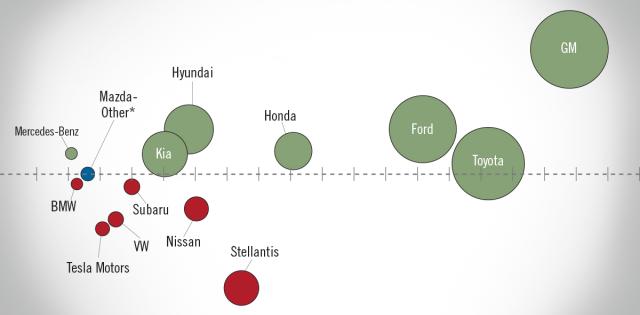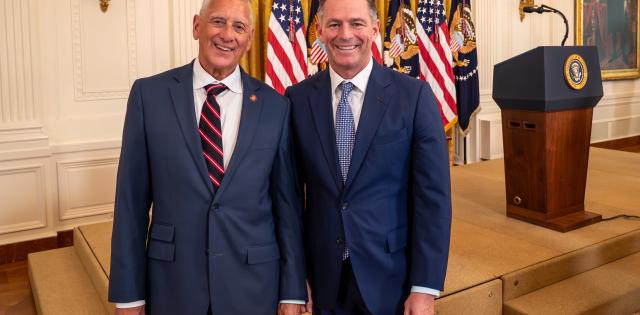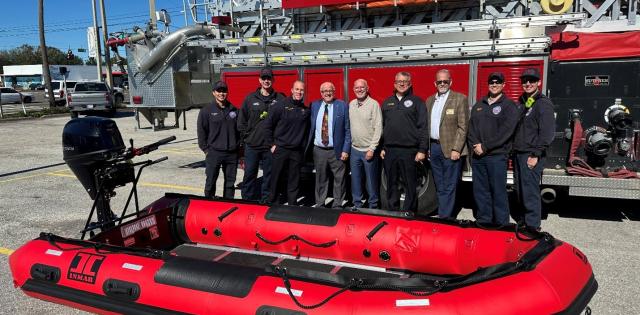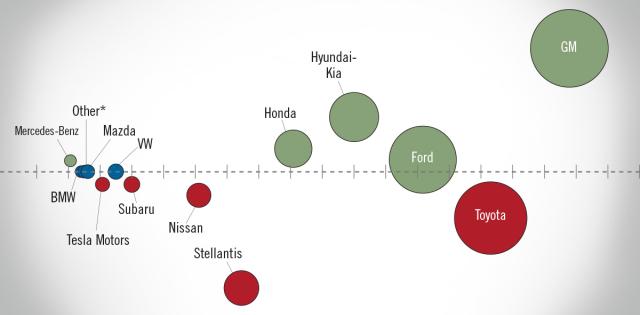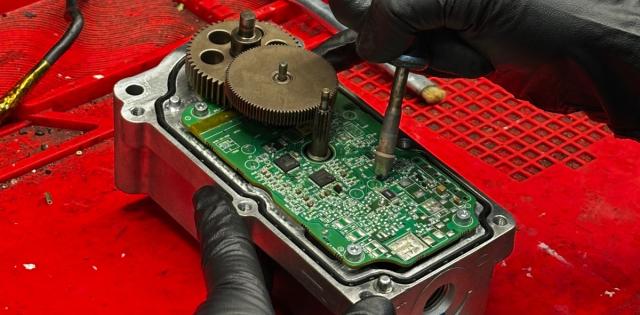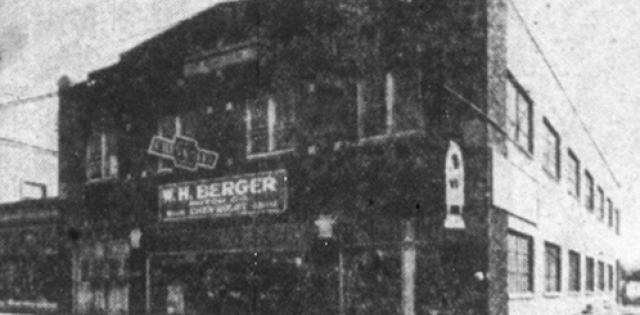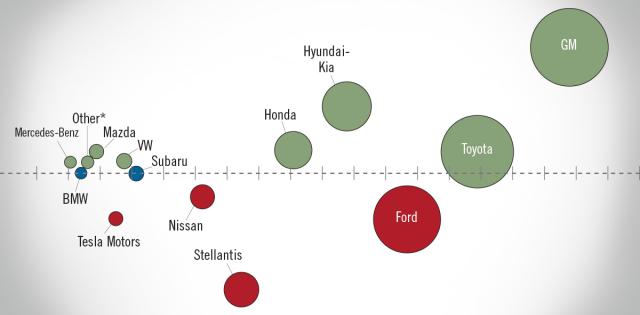As local governments slowly begin reopening their economies in the coming weeks, dealerships are working hard to open their doors safely and efficiently. The Lifeline Series returns with part 3 of The Best Ideas from NADA 20 Groups in Times of COVID-19 Stress with consultant Tom Carney. Despite the hardships of the past two months, there are things dealers can do right now to manage stress from COVID-19.
Carney highlighted the life preserver that the federal government has provided for eligible small business owners to keep their businesses afloat during this time: The Paycheck Protection Program (PPP). Established by the Coronavirus Aid, Relief, and Economic Security (CARES) Act, the PPP is implemented by the Small Business Administration in conjunction with the Treasury Department. President Trump signed the bill that provided an additional $484 billion in aid to small businesses and hospitals for pandemic relief, with $310 billion allocated to the PPP. The program allows for loans of as much as $10 million per borrower and can be used for up to eight weeks of payroll costs and benefits, hiring back employees, and approved expenses related to COVID-19.
There are important elements for dealers to note if they intend to apply for the loan:
- Existing applications will be processed first.
- Dealers who previously completed PPP loan applications do not need to resubmit their applications, or submit new applications, to their bank.
- Dealers who intend to apply for a PPP loan should touch base with their banks regarding their applications ASAP.
NADA also encourages dealers to review its updated CARES Act FAQs for recent guidance on eligibility and whether businesses owned by larger companies can apply for a PPP loan. Businesses have been applying for the program by the thousands, so NADA advises dealers to act quickly if they’d like to be considered for a loan. Carney also highlighted best practices for dealership accounting during the pandemic:
- Ensure proper meeting minutes, which tell your situational story from the beginning of the pandemic.
- Consider a separate bank and/or bank account to receive the PPP funds as needed for business to show intent.
- Begin filling out your payroll forgiveness templates now rather than waiting the eight weeks to complete.
- Pre-pay vacation pay for employees which will be applied to the 75% forgiveness portion of the PPP.
Finally, Carney addressed how to manage new workforce hours for dealerships; communications and marketing strategies for business; and the three-phase reopening initiative as released by the White House:
Phase 1: Social distancing maintained, minimum travel, work remotely then return in phases.
Phase 2: Vulnerable populations continue to stay home, avoid social gatherings with more than 50 people, encourage remote work, open schools and daycare.
Phase 3: Employers can allow return to work, visits to hospitals and senior care permitted.
NADA and 20 Group recognize how difficult the past few months have been and are here to support the great dealers of America as they continue to navigate the coronavirus pandemic and begin re-opening their doors to the car buying public.
The webinar and all NADA resources related to the pandemic are available on NADA’s Coronavirus Hub.
Editor’s Note:
Dealership eligibility for the PPP: NADA released analysis addressing PPP loan eligibility for businesses owned by large companies. This comes as the Small Business Administration now requires borrowers to certify that they need the money.
Tax benefits not available for PPP: Dealers who obtain a PPP loan will not be able to defer the payment of payroll taxes or utilize the employee retention tax credit provided for in the CARES Act. Both are explained on page 11 of this document. Consult your financial advisors.
NADA’s webinar is offered to assist its dealer members in the operation of their dealerships and for general informational purposes only. Each dealer must seek their own legal counsel and make their own independent business decisions and work with their attorneys to ensure social media posts and advertising comply with state and federal consumer protection laws. Before attempting to sell vehicles online, dealers must consult with their attorney or state/metro dealer association or licensing authority to better understand the requirement in their state. The presentation of this information is not intended to constitute legal advice nor encourage concerted action among competitors or any other action on the part of dealers that would in any manner fix or stabilize the price or any element of the price of any good or service.

